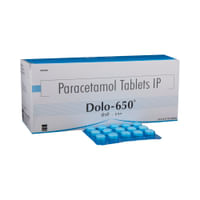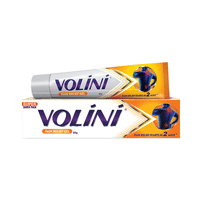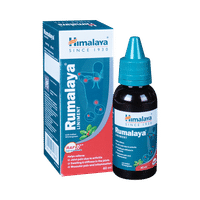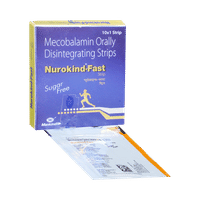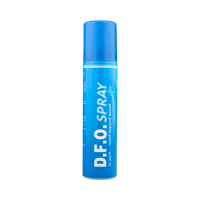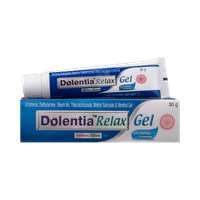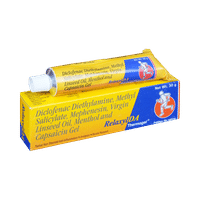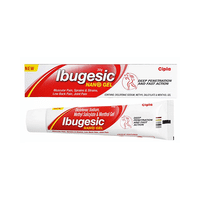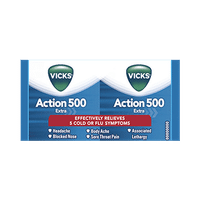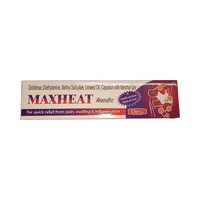Combigel 10% Gel
Rs.54for 1 tube(s) (30 gm Gel each)
food interaction for Combigel Gel
alcohol interaction for Combigel Gel
pregnancy interaction for Combigel Gel
lactation interaction for Combigel Gel
medicine interaction for Combigel Gel
food
alcohol
pregnancy
lactation
medicine
No interaction found/established
No interaction found/established
Combigel 10% Gel may be unsafe to use during pregnancy. Although there are limited studies in humans, animal studies have shown harmful effects on the developing baby. Your doctor will weigh the benefits and any potential risks before prescribing it to you. Please consult your doctor.
CONSULT YOUR DOCTOR
Combigel 10% Gel is safe to use during breastfeeding. Human studies suggest that the drug does not pass into the breastmilk in a significant amount and is not harmful to the baby.
SAFE IF PRESCRIBED
No interaction found/established
SALT INFORMATION FOR Combigel 10% w/w Gel
Ibuprofen(10% w/w)
Combigel gel uses
{med_name} is used for pain relief and fever. It relieves pain and inflammation in conditions like headache, muscle pain, dental pain or joint pain.
How combigel gel works
Combigel 10% Gel is a non-steroidal anti-inflammatory drug (NSAID). It works by blocking the release of certain chemical messengers that cause fever, pain and inflammation (redness and swelling).
Common side effects of combigel gel
No common side effects seen, Vomiting, Nausea, Dizziness, Abdominal pain, Constipation, Flatulence, Ringing in ear, Diarrhea, Dyspepsia, Headache, Fatigue, Rash, Inflammation of the nose, Insomnia (difficulty in sleeping), Visual impairment, Hepatitis (viral infection of liver), Aseptic meningitis, Low blood platelets, Hypersensitivity reaction, Stevens-Johnson syndrome, Edema (swelling)
SUBSTITUTES FOR Combigel Gel
No substitutes foundExpert advice FOR Combigel Gel
- You have been prescribed Ibuprofen to relieve pain and inflammation.
- Apply it as a thin layer over the affected area or as suggested by your doctor.
- Do not apply to broken, diseased, infected, inflamed or irritated skin, or to open wounds.
- Avoid getting it in the eyes, mouth or nose. Rinse with cold water if you accidentally get it in these areas.
- It may increase the risk of sunburn. Avoid exposing the treated area of skin to excessive sunlight.
- Inform your doctor if you notice itching, redness of the skin, and peeling of skin while using this medicine.













